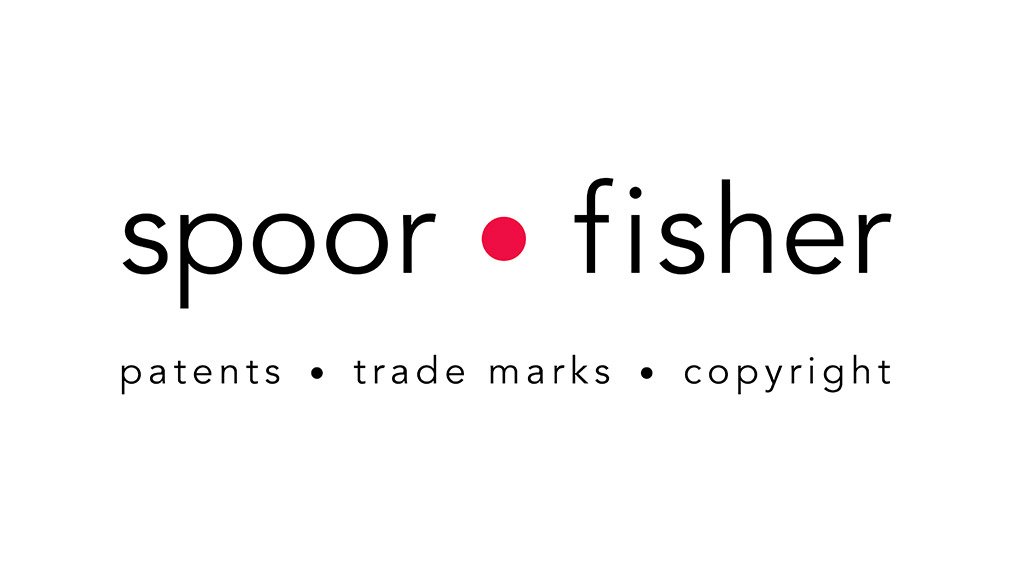South Africa’s Department of Health has revealed that over 12.2-million Covid-19 vaccines have been administered so far, with 5.8-million people completely vaccinated at time of writing. Our country’s slow start at getting its citizens their shots in the arm has led many to blame intellectual property (IP) law – specifically, patent protections – for the lag.
In fact, South Africa and India last year called for the waiver of obligations under:
- Section 1 (Copyright and Related Rights),
- Section 4 (Industrial Designs),
- Section 5 (Patents), and
- Section 7 (Protection of Undisclosed Information), of The Agreement on Trade-Related Aspects of Intellectual Property Rights (the TRIPS Agreement) to enforce IP protections in relation to “prevention, containment, or treatment of Covid-19”, for a period of at least three years.
Participating in a recent panel on “Vaccine Equity & Manufacturing” at the GIBS/PPS Healthcare Industry Insights 2021 Conference, Professor John McKnight, patent attorney with Spoor & Fisher, was clear: “There is a comparatively low rate of vaccination in South Africa (and Africa), and there are many reasons for this, but patent law is not one of them.
“Waiving patent and other IP protections will not speed up vaccination. Multiple other factors affect vaccine distribution on the continent, not least, raw material supply, production capacity, and complex manufacturing processes.”
Questions of quality and safety
The Max Planck Institute for Innovation and Competition, in its “Covid-19 and the Role of Intellectual Property” (2021), warns that radically scaled-up manufacturing may prioritise quantity at the expense of quality and safety.
South Africa’s pharmaceutical sector is primarily regulated by the Medicines and Related Substances Act 101 of 1965, and its regulations. This legislation is administered by the South African Health Products Regulatory Authority (SAPHRA).
Under SAHPRA guidelines, an applicant for registering a Covid-19 vaccine in South Africa:
- must have an establishment licence to manufacture, package/label, test, import, distribute or wholesale a health product (or must apply for such a licence),
- must manufacture the vaccine in line with Good Manufacturing Practice (GMP),
- must submit a risk management plan to address uncertainties in the data, and
- must consider South African-specific issues, like HIV and tuberculosis.
Prof. McKnight pointed out that, just like the bushveld has its Big 5 animal species, there is also the Big 5 in IP. These species of IP are patents, trade marks, registered designs, copyright and ‘know-how’ (proprietary and confidential information). Various countries have called for the waiver of these rights but this in itself would not position a potential manufacturer to step in, make vaccines and distribute them to those who need them.
Flexibility is already built in
“The widespread call for a TRIPS waiver is therefore a disproportionate response. It is well-intentioned but unfeasible,” said Prof. McKnight.
He went on to point out that TRIPS already has certain flexibilities built in, allowing member countries leeway in granting access to IP rights. For example, the South African Patents Act allows for government use of patents, subject to the approval of the patentee in terms of Section 4. Section 78 even allows a government to expropriate (acquire) - not just use – patents, subject to the approval of the patentee. In the absence of the agreement of the patentee, the High Court decides what is reasonable. All of this is already baked in. So many options and flexibilities are available. Why not leverage these?
Most importantly, TRIPS and the South African legislation allows for “compulsory licensing” where, according to Section 56, “any interested person who can show that the rights in a patent are being abused may apply to the Commissioner in the prescribed manner for a compulsory licence under the patent”. This may apply:
- if the demand for the patented article in South Africa is not being met to an adequate extent and on reasonable terms; or
- if the demand for the patented article is being met by importation and the price charged by the patentee is excessive in relation to the price charged in countries where the patented article is manufactured by the patentee.
Other types of agreement
The World Trade Organization (WTO) recently postponed until September its next meeting to formally discuss the TRIPS waiver, citing continued disagreement on the question of the most appropriate and effective way to address the shortage of, and inequitable access to, vaccines and other Covid-related products.
However, discussions between manufacturers and developing countries have progressed, with Pfizer and BioNTech agreeing to work with South Africa’s Biovac Institute to produce 100-million doses per year for use in Africa. Agreements like these make far more sense than waiving patent rights and indeed, are predicated on IP rights, in that they involve collaboration and the pooling of resources.
We cannot undermine R&D
Patents serve as an incentivisation to solve problems and to advance the borders of human knowledge. They allow innovators to “reap the fruit”, so to speak, of the enormous risks they take and of the cost of expanding the human knowledge platform.
To waive patents is to undermine the importance of IP, which will have a hugely detrimental effect on incentives for drug innovation – both as this relates to vaccine development for emerging variants of Covid-19 and other areas of medical research.
Prof. McKnight lamented IP risks acquiring a bad reputation in times of pandemic, and that this is certainly the case at the moment. But he closed with this: “If you think patents have a constricting effect on technical progress, try progressing technology without them.”
EMAIL THIS ARTICLE SAVE THIS ARTICLE ARTICLE ENQUIRY
To subscribe email subscriptions@creamermedia.co.za or click here
To advertise email advertising@creamermedia.co.za or click here











